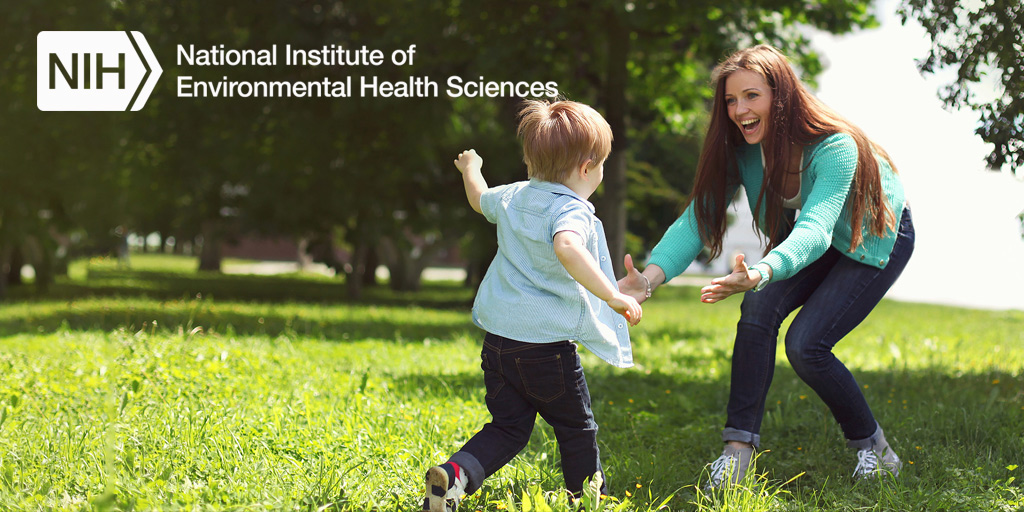Salt Lake City Public Safety Plan: Six-Month Progress Report and Alignment with Sustainable Development Goals
Executive Summary
On July 16, 2025, Salt Lake City Mayor Erin Mendenhall and Police Department Chief Brian Redd presented a six-month progress update on the city’s Public Safety Plan. The report details significant milestones achieved since the plan’s launch in January 2025 and underscores the administration’s commitment to systemic change and long-term strategies that align with the United Nations Sustainable Development Goals (SDGs).
Plan Implementation Status
The report outlines the progress of the 27 actions led by the City. The current status is as follows:
- Actions Completed and Ongoing: 12
- Actions in Progress: 15
A detailed update is publicly available in the “Public Safety Plan July 2025 Update.”
Contribution to Sustainable Development Goals (SDGs)
The Public Safety Plan is a strategic initiative that directly contributes to several key SDGs, reflecting a holistic approach to urban development, social equity, and institutional integrity.
SDG 16: Peace, Justice and Strong Institutions
The core of the Public Safety Plan is to build effective, accountable, and inclusive institutions. By focusing on systemic reform and long-term safety, the City is actively working towards Target 16.3 (promote the rule of law and ensure equal access to justice) and Target 16.6 (develop effective, accountable and transparent institutions).
- The plan’s implementation demonstrates a commitment to strengthening the Salt Lake City Police Department as an accountable institution.
- Mayor Mendenhall’s statement, “We are not letting a broken system prevent us from fixing the pieces we control,” highlights a direct effort to reform and improve justice systems at the municipal level.
SDG 11: Sustainable Cities and Communities & SDG 1: No Poverty
The plan’s context, which includes addressing homelessness and affordable housing, is fundamental to achieving SDG 11, particularly Target 11.1 (ensure access for all to adequate, safe and affordable housing). A safe environment is a prerequisite for a sustainable and resilient community, which in turn supports efforts to eradicate poverty (SDG 1).
- By improving public safety, the City enhances the viability and inclusivity of urban spaces for all residents.
- Addressing the root causes of insecurity, such as lack of shelter, contributes to creating a more stable environment for vulnerable populations, directly supporting poverty reduction efforts.
SDG 3: Good Health and Well-being & SDG 10: Reduced Inequalities
The newly launched Project CONNECT initiative exemplifies an integrated approach that advances multiple SDGs. This cross-agency program diverts high utilizers of the justice system into treatment, addressing underlying health issues and reducing systemic inequalities.
- Contribution to SDG 3: By providing treatment instead of punitive measures, the project promotes health and well-being, including mental health services, for a vulnerable segment of the population.
- Contribution to SDG 10: The initiative works to reduce inequalities within the justice system by offering alternatives to incarceration, which disproportionately affects marginalized groups.
Forward Outlook
The city leadership has affirmed that current progress is a step in a long-term process. The commitment to sustained effort, as articulated by Mayor Mendenhall (“we are not allowing short-term wins to distract us from the long-term work ahead”), reflects the foundational principle of sustainable development. The ongoing implementation of the Public Safety Plan and initiatives like Project CONNECT will continue to be monitored for their contributions to creating a safer, more just, and sustainable city for all.
Analysis of Sustainable Development Goals in the Article
1. Which SDGs are addressed or connected to the issues highlighted in the article?
- SDG 11: Sustainable Cities and Communities – The article addresses issues of homelessness, the need for shelters, and affordable housing within Salt Lake City.
- SDG 16: Peace, Justice and Strong Institutions – The core of the article is the city’s “Public Safety Plan,” which focuses on reforming the justice system, improving public safety, and ensuring institutional accountability.
- SDG 3: Good Health and Well-being – The initiative “Project CONNECT” aims to provide treatment for individuals, which connects public safety to health outcomes, particularly for vulnerable populations.
2. What specific targets under those SDGs can be identified based on the article’s content?
-
SDG 11: Sustainable Cities and Communities
- Target 11.1: By 2030, ensure access for all to adequate, safe and affordable housing and basic services and upgrade slums.
Explanation: The article directly references a “lack of space in the shelter system” and includes tags for “Homelessness” and “affordable housing.” This indicates a focus on providing basic services and housing for the city’s vulnerable residents.
- Target 11.1: By 2030, ensure access for all to adequate, safe and affordable housing and basic services and upgrade slums.
-
SDG 16: Peace, Justice and Strong Institutions
- Target 16.3: Promote the rule of law at the national and international levels and ensure equal access to justice for all.
Explanation: The “Public Safety Plan” and “Project CONNECT” are initiatives designed to reform a “broken system” and provide alternatives to the traditional justice system. The goal to “divert high utilizers of the justice system into treatment” is a direct effort to create a more equitable and effective justice process. - Target 16.6: Develop effective, accountable and transparent institutions at all levels.
Explanation: The city administration is demonstrating accountability and transparency by providing a “six-month update on the City’s Public Safety Plan” and making the progress report publicly available online. The article states, “The Public Safety Plan July 2025 Update, released today, outlines these efforts and is available to view at slc.gov/publicsafetyplan/.”
- Target 16.3: Promote the rule of law at the national and international levels and ensure equal access to justice for all.
-
SDG 3: Good Health and Well-being
- Target 3.5: Strengthen the prevention and treatment of substance abuse, including narcotic drug abuse and harmful use of alcohol.
Explanation: “Project CONNECT” is described as a “cross-agency initiative to divert high utilizers of the justice system into treatment.” This directly aligns with providing treatment services, which often relate to substance abuse or mental health issues that can lead to frequent contact with the justice system.
- Target 3.5: Strengthen the prevention and treatment of substance abuse, including narcotic drug abuse and harmful use of alcohol.
3. Are there any indicators mentioned or implied in the article that can be used to measure progress towards the identified targets?
-
For SDG 11 / Target 11.1:
- Implied Indicator: Adequacy of homeless shelter capacity.
Explanation: The phrase “lack of space in the shelter system” implies that the number of available shelter beds versus the number of people needing them is a key metric for the city. Progress would be measured by an increase in shelter capacity and a reduction in homelessness.
- Implied Indicator: Adequacy of homeless shelter capacity.
-
For SDG 16 / Target 16.3:
- Implied Indicator: Number of individuals diverted from the justice system.
Explanation: The article highlights “Project CONNECT” which aims to “divert high utilizers of the justice system.” The success of this project can be directly measured by tracking the number of people successfully diverted into treatment programs instead of entering the traditional justice system.
- Implied Indicator: Number of individuals diverted from the justice system.
-
For SDG 16 / Target 16.6:
- Mentioned Indicator: Publication of public progress reports.
Explanation: The article explicitly mentions the release of the “Public Safety Plan July 2025 Update” and its public availability. The regular publication of such reports is a direct indicator of institutional transparency. The article also notes that “12 of the 27 City-led actions have been completed,” which is a quantifiable measure of progress reported to the public.
- Mentioned Indicator: Publication of public progress reports.
-
For SDG 3 / Target 3.5:
- Implied Indicator: Number of individuals receiving treatment for substance abuse.
Explanation: Since “Project CONNECT” diverts people “into treatment,” a primary indicator of its success and contribution to this target would be the number of individuals who enter and engage with these treatment programs. The article notes, “More information will be available as the project continues to be implemented,” suggesting this data will be tracked.
- Implied Indicator: Number of individuals receiving treatment for substance abuse.
4. Summary of Findings
| SDGs | Targets | Indicators |
|---|---|---|
| SDG 11: Sustainable Cities and Communities | 11.1: Ensure access for all to adequate, safe and affordable housing and basic services. | Implied: Adequacy of homeless shelter capacity, based on the mention of “lack of space in the shelter system.” |
| SDG 16: Peace, Justice and Strong Institutions | 16.3: Promote the rule of law… and ensure equal access to justice for all. | Implied: Number of “high utilizers of the justice system” diverted into treatment via Project CONNECT. |
| 16.6: Develop effective, accountable and transparent institutions at all levels. | Mentioned: The public release of the “Public Safety Plan July 2025 Update” and tracking the completion of city-led actions (12 of 27 complete). | |
| SDG 3: Good Health and Well-being | 3.5: Strengthen the prevention and treatment of substance abuse. | Implied: Number of individuals diverted from the justice system who enter treatment programs. |
Source: slc.gov







